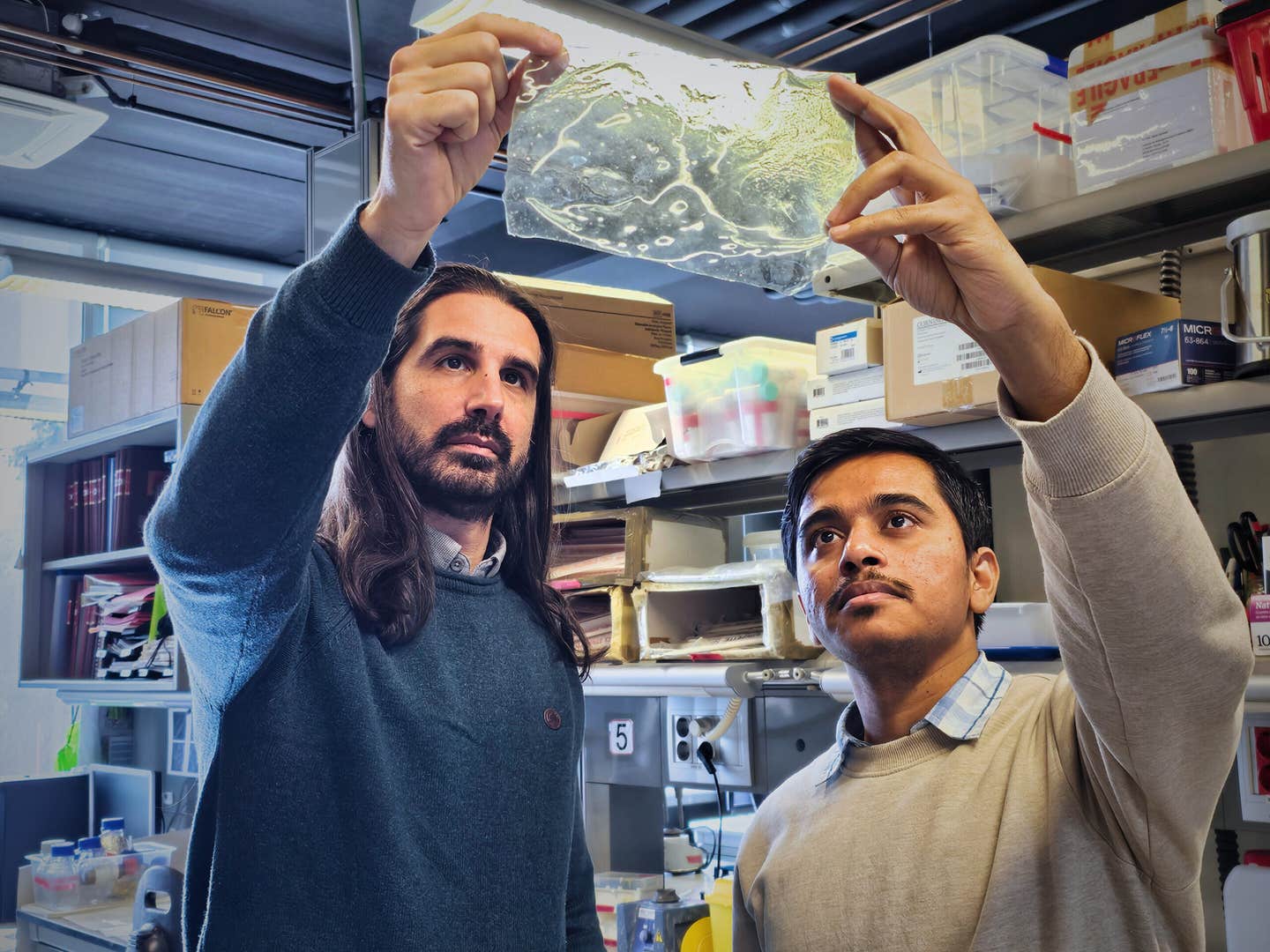Groundbreaking blood test can identify genetic diseases in fetuses
An innovative prenatal screening test holds the potential to revolutionize the way genetic disorders in fetuses are detected.

[Jan. 6, 2024: JD Shavit, The Brighter Side of News]
An innovative prenatal screening test holds the potential to revolutionize the way genetic disorders in fetuses are detected. (CREDIT: Creative Commons)
In a groundbreaking development, a research team from Odense University Hospital and the University of Southern Denmark has introduced an innovative prenatal screening test that holds the potential to revolutionize the way genetic disorders in fetuses are detected.
This pioneering test, known as desNIPT, offers a non-invasive alternative to traditional invasive procedures, such as chorionic villus sampling and amniocentesis, and promises to provide expectant parents with valuable insights into their baby's genetic health.
The research findings, which have been published in the prestigious New England Journal of Medicine, showcase the effectiveness of the desNIPT test in identifying alterations in fetal genes – a key factor contributing to severe congenital diseases.
Dr. Ieva Miceikaité from the Department of Clinical Research at the University of Southern Denmark explains, "With our novel approach, we can now screen for the majority of known serious genetic syndromes using a simple blood test from the pregnant woman.
Related Stories
Typically, this would otherwise require resorting to chorionic villus sampling or amniocentesis. This implies that we now possess enhanced opportunities to pinpoint the genetic cause of developmental issues in the fetus."
The desNIPT test represents an evolution of the first-generation Non-Invasive Prenatal Test (NIPT) method, enhancing it with significant improvements. NIPT, which is administered before childbirth, involves analyzing fetal DNA found in the bloodstream of the pregnant woman. This approach has transformed the capacity to screen for diseases in unborn children, making it safer and less invasive.
One remarkable aspect of desNIPT is its exceptional sensitivity. Even when the quantity of fetal DNA in the mother's blood is minimal, this test can accurately identify genetic abnormalities in the fetus. This breakthrough offers a ray of hope to expectant parents, particularly those concerned about the risk and discomfort associated with traditional invasive tests.
Exome sequencing of cell-free DNA from noninvasively obtained samples from 36 pregnant women and their partners found diagnostic variants in 11 of the fetuses, with 100% concordance with results from invasively obtained samples. (CREDIT: New England Journal of Medicine)
Currently, the first-generation NIPT primarily focuses on prevalent chromosomal disorders like Down syndrome. However, many congenital diseases arise from subtle modifications in fetal DNA, necessitating a more comprehensive examination of the fetal genome.
Dr. Miceikaité explains, "Nevertheless, numerous congenital diseases arise from more subtle modifications in fetal DNA. To identify these, it is essential to examine all genes within the fetal genome." This comprehensive screening, known as exome sequencing, has been limited to pregnancies where abnormalities are detected during ultrasound scans due to the invasive nature of the existing procedures.
Next Generation Sequencing (NGS) experiment workflow. (CREDIT: MDPI)
The desNIPT test seamlessly integrates the benefits of NIPT and exome sequencing, providing comprehensive insights through a simpler and safer test. In a study led by Dr. Miceikaité, 36 pregnant women with ultrasound-detected indications of potential serious genetic diseases in their fetuses were monitored. Astonishingly, out of the 36 pregnancies, newly arising disease-causing alterations in the unborn child were identified in 11 cases. These results were then compared with those from traditional exome sequencing through invasive methods.
Dr. Miceikaité proudly states, "The novel approach to screening pregnant women has been remarkably successful. When applying the new analytical method, we successfully identified all gene variants responsible for diseases that were previously detected through invasive fetal examinations. In this regard, it has demonstrated comparable effectiveness to these invasive procedures."
The desNIPT test has the potential to significantly enhance prenatal screening by detecting a wider range of genetic diseases, including those that cannot be revealed by ultrasound scans alone. Martin Larsen, the project leader and associate professor at the Department of Clinical Research at the University of Southern Denmark, envisions its integration with standard ultrasound examinations to ensure a more thorough screening of expectant mothers before childbirth.
One critical aspect of any screening test is its accuracy. Martin Larsen emphasizes, "We are highly optimistic as the study indicates that the desNIPT test is remarkably accurate. In the examined pregnant women, we did not observe any false-positive results." However, he cautions that this is a "proof-of-concept" study, and further validation through a larger study is required before making the test available to pregnant women.
While more research is needed to confirm its effectiveness, the desNIPT test holds the promise of revolutionizing prenatal care and improving the early detection of genetic disorders in unborn children.
Note: Materials provided above by The Brighter Side of News. Content may be edited for style and length.
Like these kind of feel good stories? Get the Brighter Side of News' newsletter.



